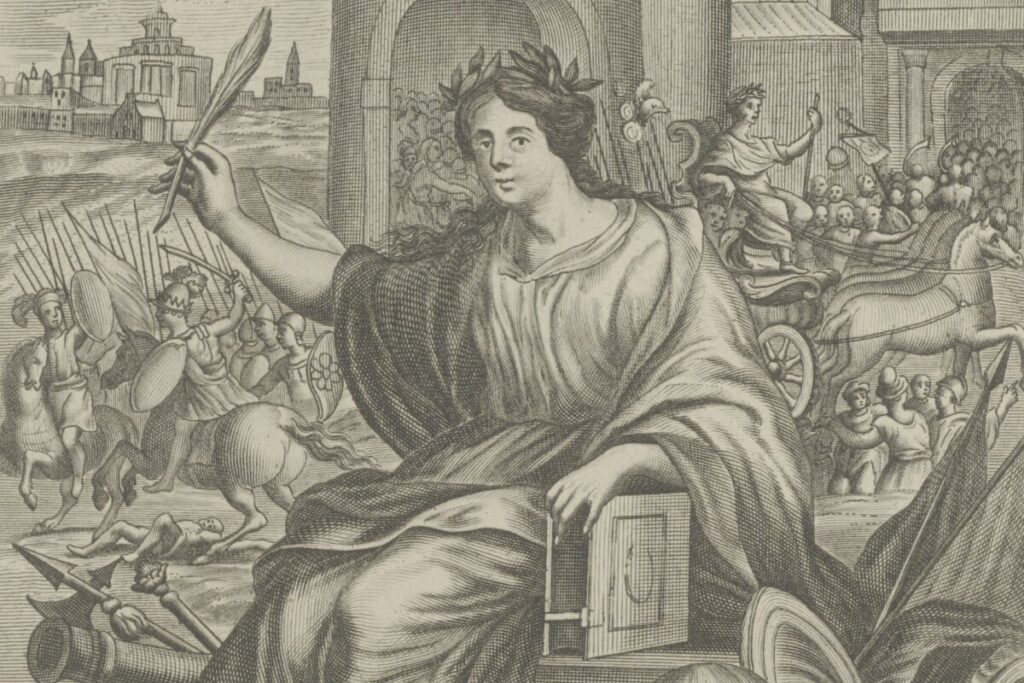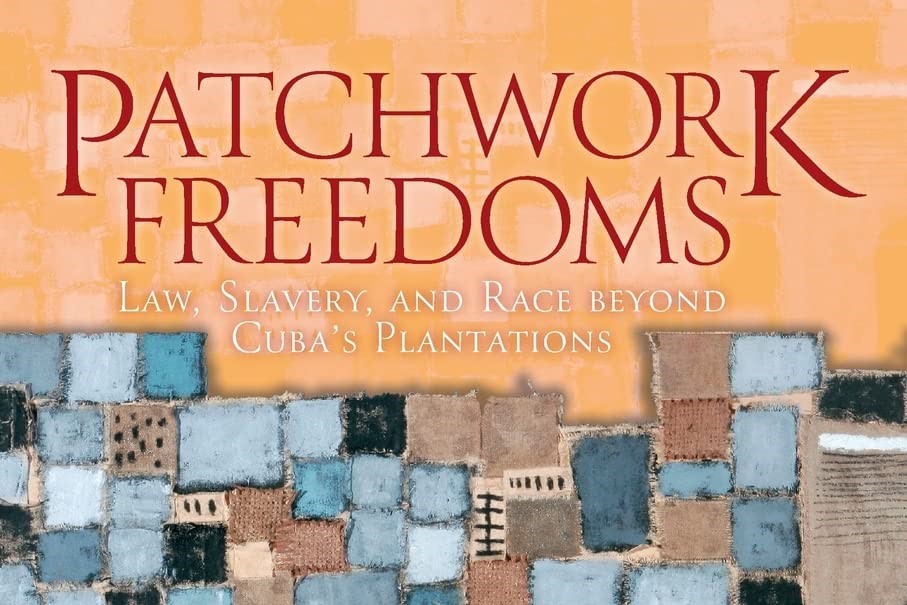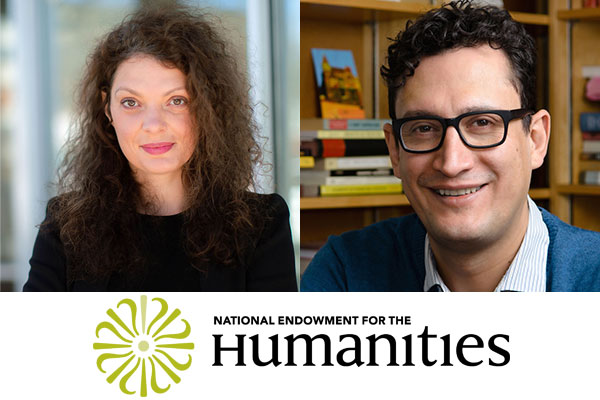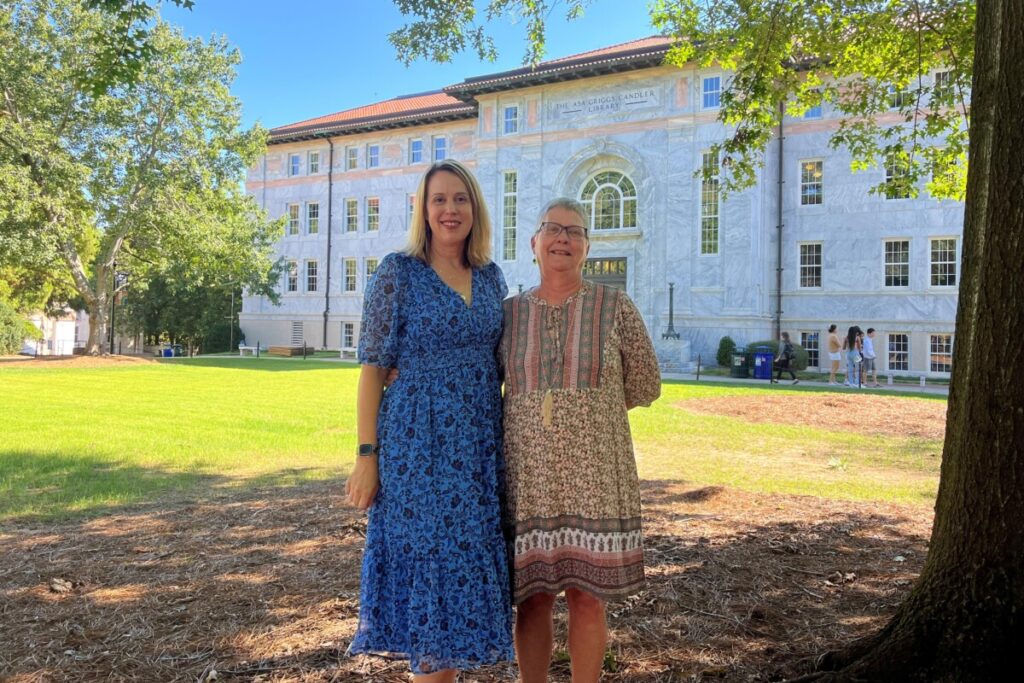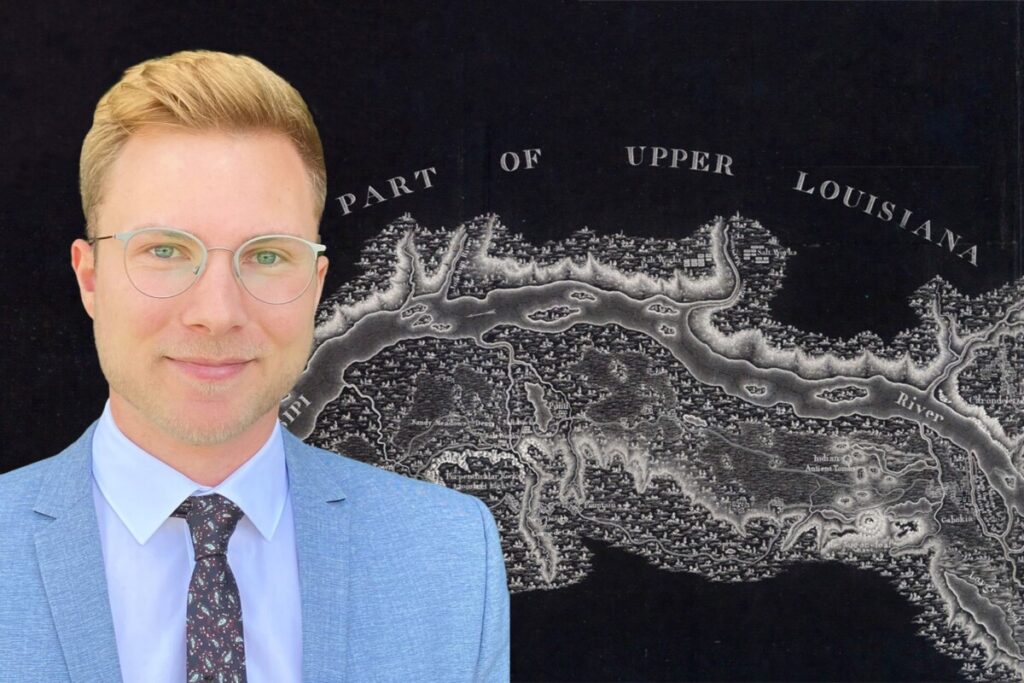
Dr. Alexander M. Cors, a 2022 alumnus of the history doctoral program and currently Digital Scholarship Specialist at Emory’s Center for Digital Scholarship, recently won the 2022 William Nelson Cromwell Prize from the American Society for Legal History. Cors’ dissertation, “Newcomers and New Borders: Migration, Settlement, and Conflict over Land along the Mississippi River, 1750-1820,” was advised by Drs. Yanna Yannakakis, Jeffrey Lesser, Adriana Chira, Malinda Maynor Lowery, and Paul Conrad (UT Arlington). The annually-awarded Cromwell prize recognizes the best dissertation in American legal history completed in the past year. View one of the maps that Cors produced for the project, described by the prize committee as “things of beauty,” along with the committee’s full citation below.
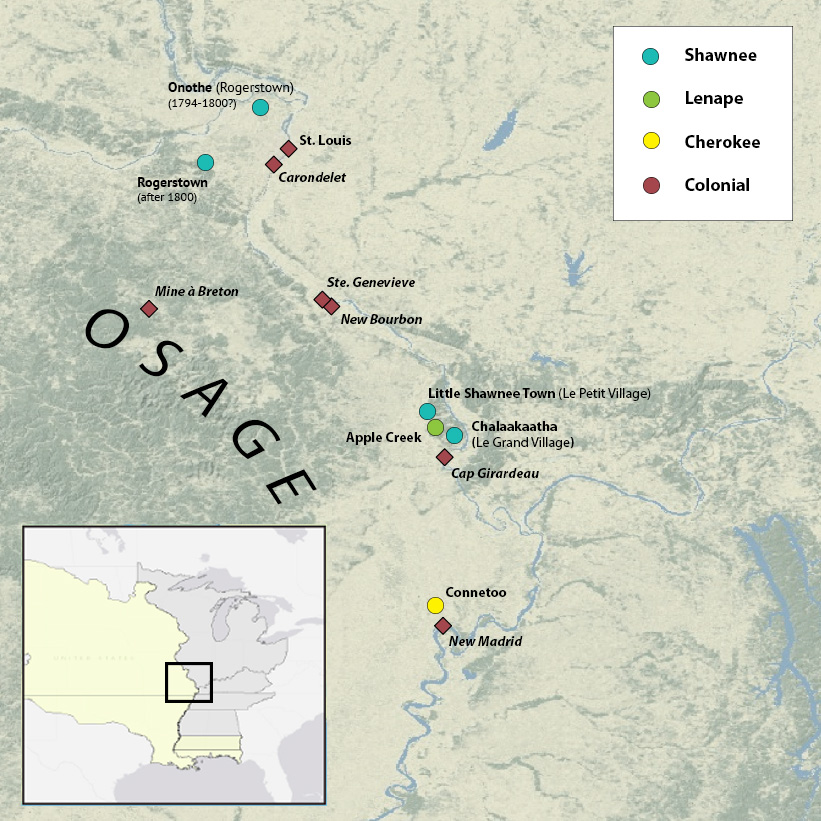
This dissertation represents a sparkling contribution to what Cors terms “the legal geography of settler colonialism in the Mississippi River Valley” during a pivotal time of contact between Indigenous peoples, Europeans, and Africans. Utilizing sources in three languages from Spain, France, and four states, Cors seamlessly weaves together narratives of bottom-up experiences of individuals making claims to land under Spanish law with the expansion of state power and control over the Mississippi River territory prior to and after the Louisiana Purchase. Instead of focusing on one or two large tribal nations, Cors takes the land as his analytical frame, beautifully telling the story of how parts of four tribes moved to lands west of the river and then used Spanish land grants to protect their claims against those later made by European-Americans. The tribal claimants were surprisingly adept at achieving their goals, at least for a time, helped by Spanish legal regimes that were much friendlier to first-comers than Anglo-American law later proved to be. By focusing on the river as geography and ecosystem, Cors is able to reveal dimensions of the slave economy that relied on the mobility the river enabled. Instead of cordoning off Louisiana as a civil law territory that had little influence on surrounding states and national legal development, Cors makes Louisiana’s physical position at the mouth of the river central to the movement and migration that undergirded the expansion of slavery in the South. Settlement patterns conferred social structure, he notes, and they also conveyed legal knowledge that proved essential to maintaining property ownership during periods of transition in governance. Indeed, Cors reveals that many non-European settlers along the river resisted the imposition of colonial state power and non-native legal systems, persuading the committee of his broader argument that local land claims drove territorial law and legal practice more than treaty negotiations and national sovereignties. What makes this new history possible are the Spanish-language sources that Cors deftly mines, both for the revealing family narratives he pieces together and for new cartographic data. Cors’s maps are things of beauty, wholly original to this project, that show how indigenous communities spread along the river for decades prior to the Louisiana Purchase. The committee marveled at the way Cors advanced a deeply complex argument with beautifully crafted prose. This novel and original thesis was a joy to read and will, the committee believes, make an important and influential book.
